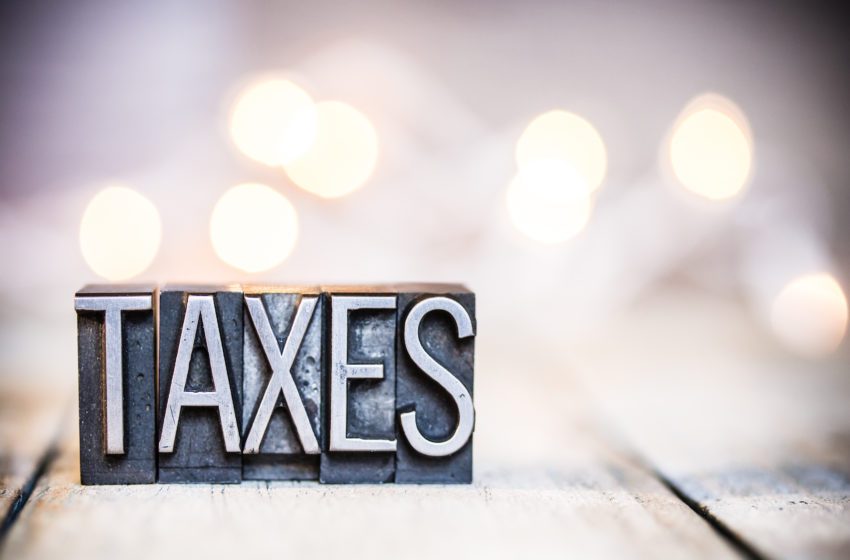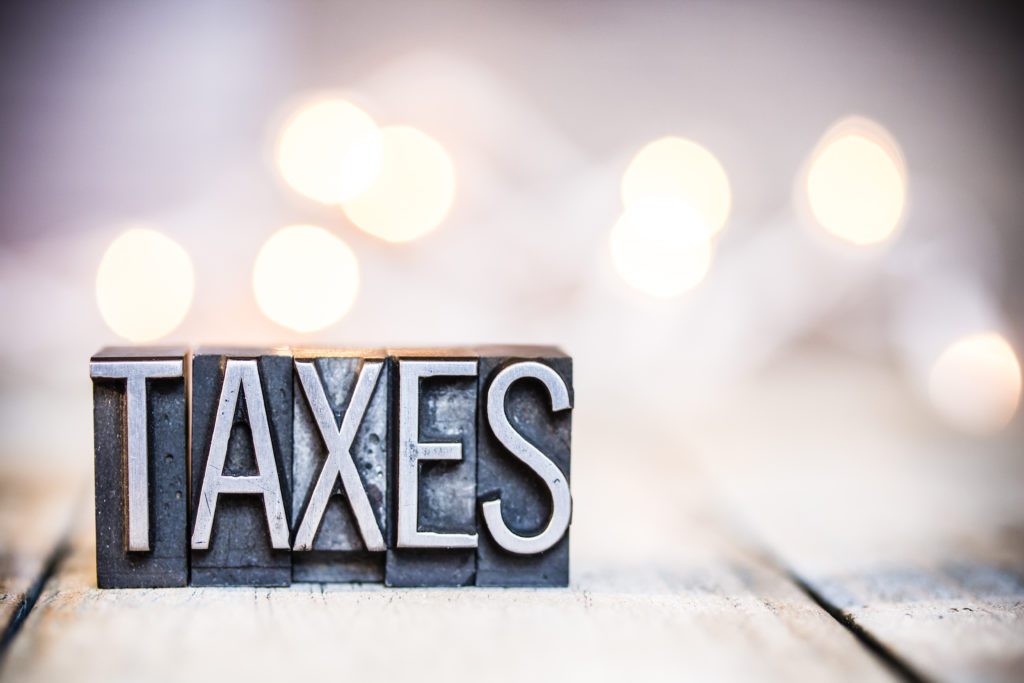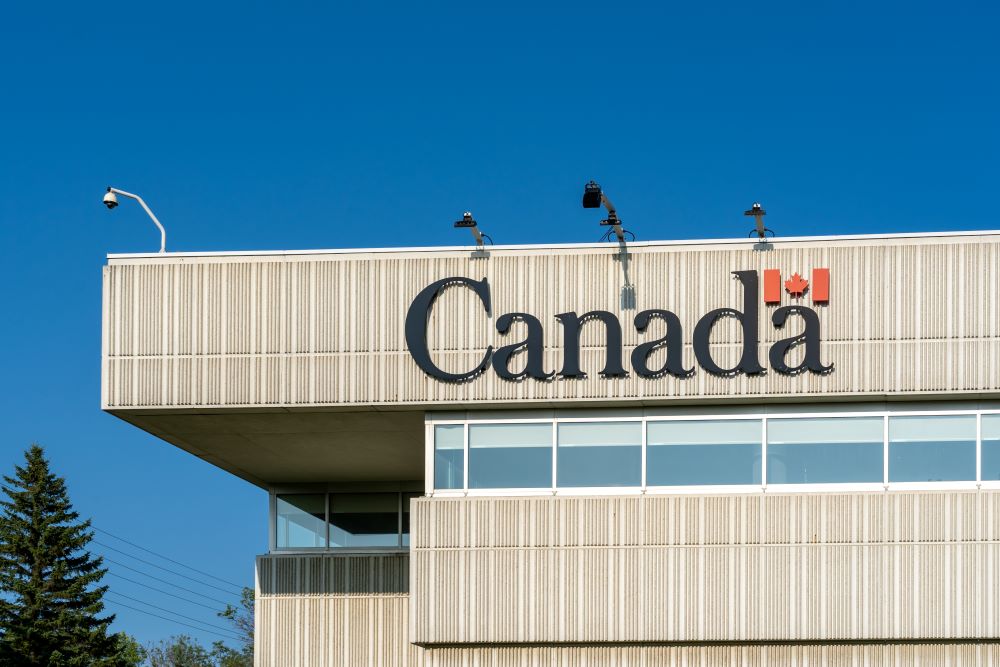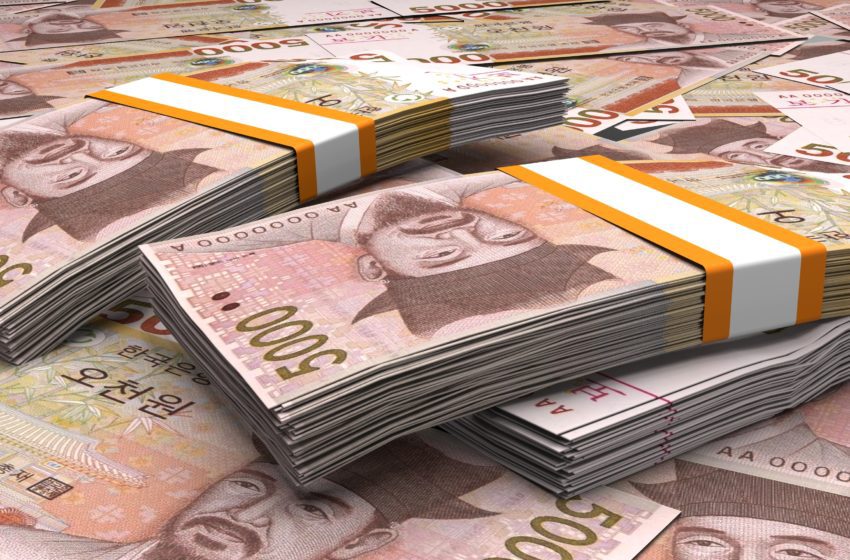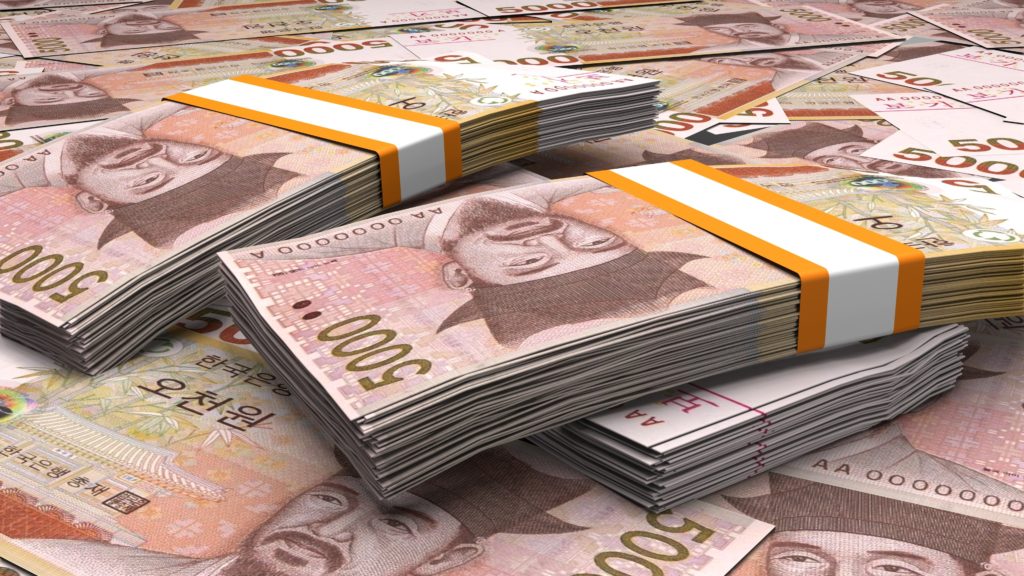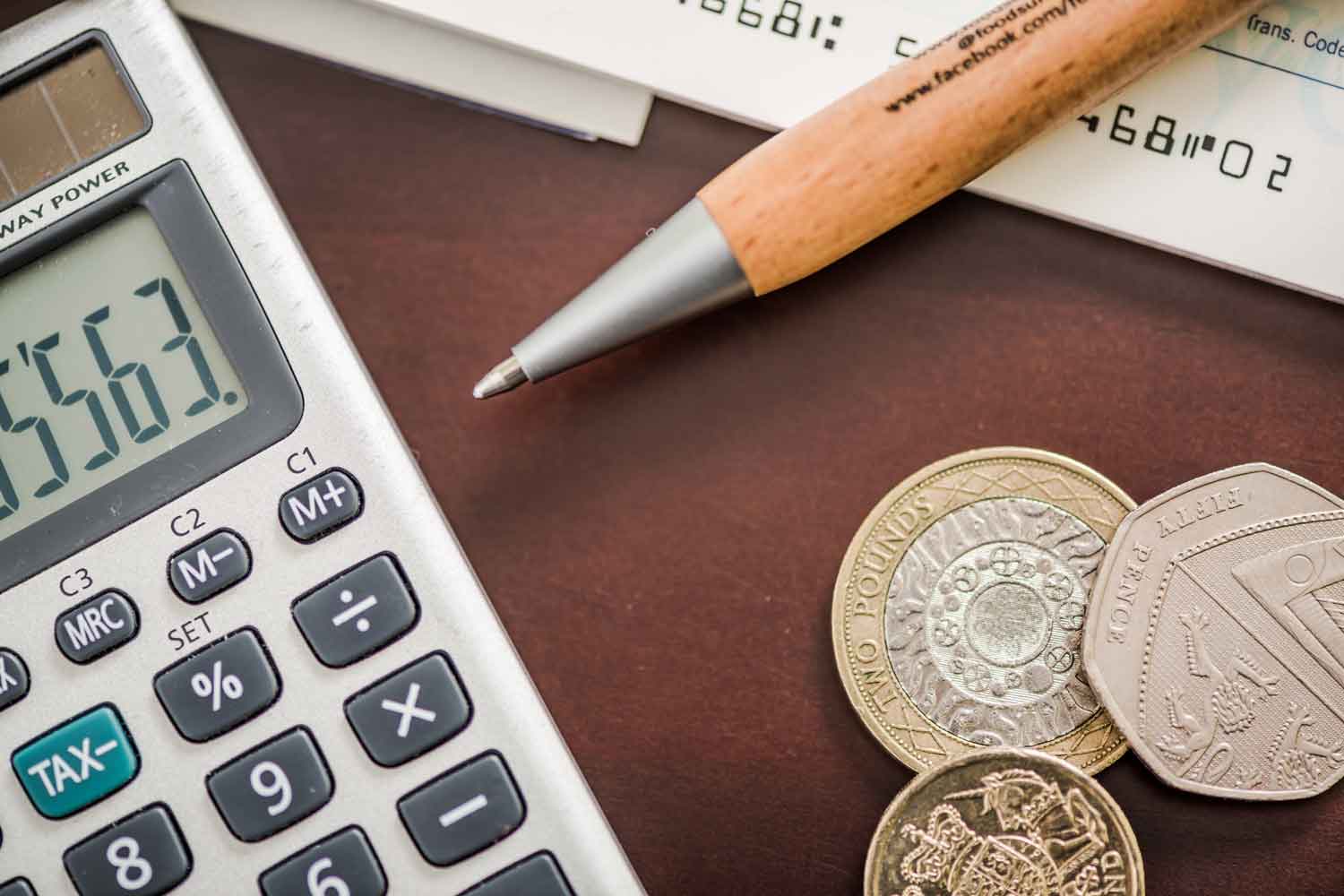
Ireland’s Finance Minister Michael McGrath has said introducing a new tax on vapes will be “challenging” to implement.
The country’s government intends to apply the levy on e-cigarettes as part of a public health response to vaping.
“A domestic tax will require significant IT, administrative, control, and compliance costs,” McGrath said.
The proposed tax on both vapes and e-cigarettes had first been flagged in Budget 2024 speeches when Mr McGrath cited the ongoing delays to EU directives on tobacco products, reports the Irish Examiner.
“While the implementation environment is challenging, it does not undermine the intention to apply a tax as one tool in the overall public health policy approach to e-cigarettes,” the finance minister said in response to a parliamentary question from Fianna Fáil TD Paul McAuliffe.
“Most excise taxes in Ireland are governed by EU legislation and this helps to reduce compliance and administrative costs,” McGrath said. “As e-cigarettes are not harmonized excisable products, the Revenue Commissioners will be unable to use existing movement controls and tax warehousing for tax collection purposes.”
McGrath confirmed that the e-liquid within vapes will be the primary component that is levied.


